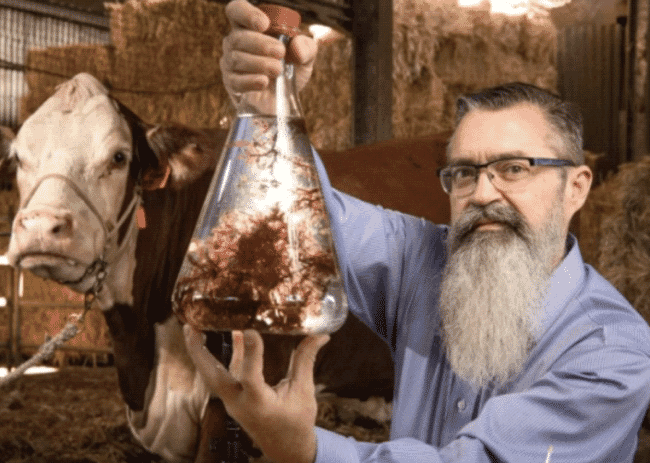
Under the terms of the agreement, CH4 Global will significantly increase the supply of Methane Tamer to CirPro and its feedlot partners, HB Rural and Mort & Co. This will allow for the production of reduced-methane beef from at least 100,000 cattle per day, with a significant portion destined for export markets, where consumer demand for low-carbon sustainably produced beef is surging.
The first shipment of reduced-methane beef is slated for export later this year, following the successful commercial implementation of Methane Tamer in South Australian beef feedlots.
"This offtake agreement is a game-changer for the global beef industry and a major milestone in our mission to bend the climate curve," said Dr Steve Meller, CEO of CH4 Global, in a press release. "By partnering with industry leaders like CirPro, HB Rural, and Mort & Co, we are now positioned to meet the burgeoning international demand for beef with a significantly lower carbon footprint."
Methane Tamer uses whole Asparagopsis seaweed to reduce enteric methane emissions from cattle by up to 90 percent. According to CirPro CEO Reg Smyth, the feed additive also improves productivity, with cattle in the trials achieving the same weight gain as the control group while consuming less feed.
To support the rapid scaling of production, CH4 Global is currently constructing a new state-of-the-art facility, the EcoPark, north of Port Lincoln in South Australia, which is scheduled to begin operations this autumn.
Livestock farming, particularly cattle production, is a significant contributor to global greenhouse gas emissions, with the digestive process of ruminant animals accounting for approximately 30 percent of all human-driven methane emissions. Methane is a potent greenhouse gas with more than 80 times the warming potential of carbon dioxide over a 20-year period. As the world grapples with the urgent need to reduce greenhouse gas emissions to mitigate climate change, solutions like Methane Tamer that can dramatically reduce livestock methane emissions are critical.
As governments worldwide increasingly move to regulate livestock emissions, as evidenced by Denmark's recent announcement of a tax on cattle emissions, the demand for proven methane-reducing products is expected to skyrocket.




